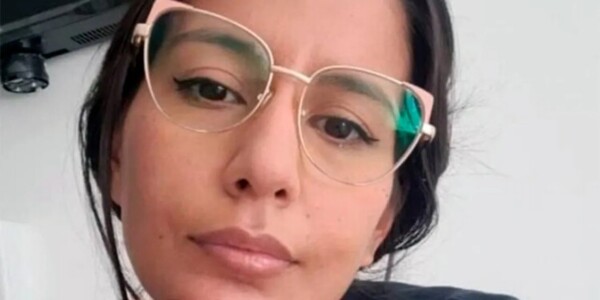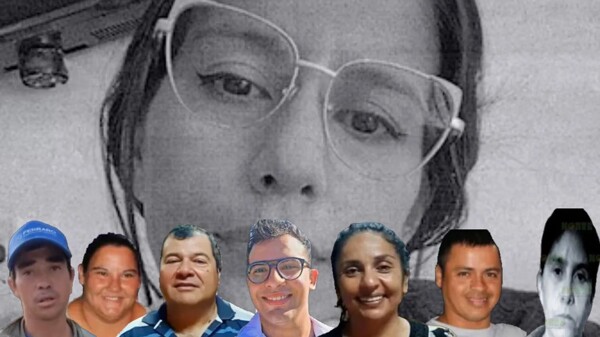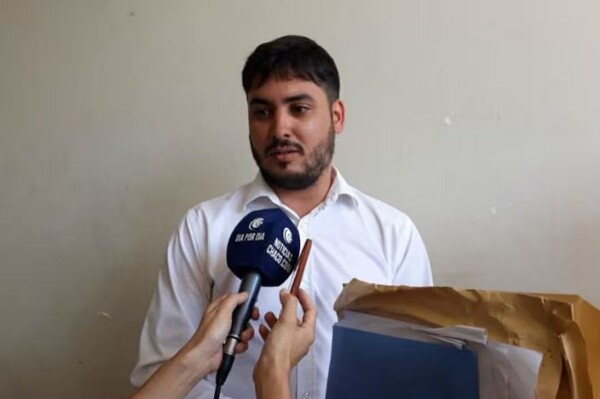The case involving the victim's partner, César Sena, and his parents, Emerenciano Sna and Marcela Acuña, stands out as one of the most significant in recent decades in the province of Chaco, due to its combination of gender-based violence, local power, and political resonance. On November 4, 2025, the jury trial against the Sena clan, accused of the femicide of young Cecilia Strzyzowski, whose body remains missing since June 2, 2023, will resume in Resistencia (Chaco). The hearing will reconvene at 8 AM at the Judicial Studies Center of Resistencia, where the testimony of Cecilia's friend, identified by the pseudonym 'Papa', is expected. He is listed as a protected witness in the case. The prosecution maintains that César's parents permitted or facilitated the act, which aggravates their responsibility. The defense is anticipated to focus on challenging the consistency of genetic and forensic evidence, particularly the remains found in the Sena residence's yard and in the Tragadero River, which have not yet allowed for the full identification of the victim's body. The psychologist's testimony aims to clarify the web of dependency the victim suffered, while employees of the clan may provide details about the movements and actions of César Sena on the afternoon of the crime. The tribunal, composed of popular jurors, must issue a verdict of guilt or innocence at the end of the trial. The case's significance transcends the individual event as it aims to set a precedent in the fight against femicide in Chaco and to expose the penetration of crime into local networks of power and protection. The victim's psychologist, María Eugenia Álvarez Piccilli, two employees from the Sena's circle, and forensic technicians will also testify. Cecilia's mother, Gloria Romero, began her testimony last Friday and will resume it this morning. Both the defense and the prosecution agree that the testimonies could offer key insights into the night of the homicide, the cover-up mechanism, and the dynamic of gender-based violence denounced by investigators. During preliminary hearings, the accused were named: César Sena is charged with doubly aggravated homicide—due to relationship and context of gender-based violence—while his parents are charged as primary participants. However, the prosecution believes that the accumulation of evidence—chats, testimonies, forensics—creates a scenario that could lead to a high-profile conviction. Today's proceedings will be decisive for the jury's assessment, as the new testimonies promise to expand the psychological and relational panorama of the victim, while bolstering the hypothesis of control and subjugation by at least one of the accused over her. The prosecution alleges that after the crime, César Sena and others involved proceeded to destroy evidence—buying consortium bags, moving objects, incinerating the body—with the support of his family environment. The young woman's grandmother, Mercedes Valois Flores, also intervened in the hearings, emphasizing that the true political responsibility for this death must be assumed by the provincial state. The process unfolds in a context of high public and media interest, as the Sena clan held prominent positions in local social and political spheres, and had ties to the government of then-governor Jorge Capitanich. Additionally, collaborators of the clan are under accusation for aggravated cover-up. The case was built on findings such as incinerated remains at a family pigsty and traces of blood at the Sena residence. The victim's family will continue their presentation before the tribunal today.
Jury Trial Against Sena Clan for Cecilia Strzyzowski's Murder Resumes in Chaco
In Chaco province, the jury trial for the high-profile femicide of young Cecilia Strzyzowski resumes. The accused are the Sena clan, including her partner and his parents. The case has garnered significant public attention due to the defendants' ties to local political circles.













